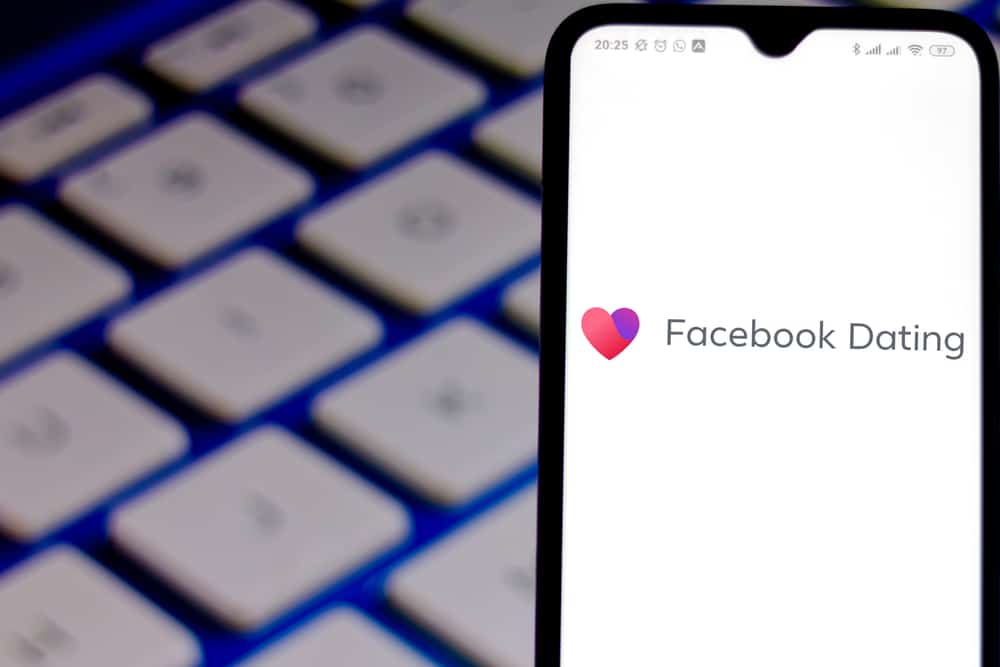Is a CORI Check The Same as a Background Check?
Michelle Wilson - July 11, 2023

In the United States, public data reports that nearly 1.5 million CORI reports are issued yearly. The CORI report, or Criminal Offender Record Information in its formal spelling, generically refers to both the data discussed in this section and other types of data, such as a police report or mug photo, that link an individual to a state-wide criminal activity.
Since a CORI report only looks at state-wide reports, it is not as comprehensive as a standard background check, rendering the two checks not the same.
Table of Contents
Key Differences Between a CORI Check and a Background Check
A background check and a CORI check serve different purposes and focus on different aspects of an individual’s history. Firstly, a background check is a broader investigation into a person’s background, encompassing various aspects beyond criminal records. It typically includes verification of employment history, educational qualifications, reference checks, credit history, and even social media presence. The other key difference is the intent. People conduct background checks to evaluate an applicant’s overall suitability for a position, assessing factors such as honesty, trustworthiness, and qualifications beyond criminal history. Since 34% of fraud cases in small organizations stem from employees, it makes sense why companies are so adamant about conducting these reviews.
To compare, the contents of a CORI check only consider an individual’s criminal record through the Criminal Offender Record Information system. Although it only covers specific information, it does include a thorough examination of an individual’s criminal history, including arrests, charges, convictions, and other related details. Companies conduct CORI checks for specific purposes, such as employment in sensitive fields like childcare, healthcare, or government roles where public safety and security are paramount. A CORI check assesses an individual’s potential risk and ensures compliance with legal requirements and safety standards.
Can Anyone Access a CORI Report?
According to the CORI statute, the Department of Criminal Justice Information Services, or DCJIS, will provide a CORI record upon request from any person or entity. However, the type of access to which the requestor is entitled determines how much information they will receive in the report. As a result, criminal record information will vary and should be coupled with another form of background check for a full overview of a person.
Rules for Accessing CORI for All Employers and Organizations
Although theoretically, anyone can access CORI details, there are some rules that the requestor must follow. First, the person whose CORI the company or organization wants to request must fill out and sign a CORI Acknowledgement Form before proceeding. This consent piece is crucial to ensuring the person knows that a CORI check is occurring. The organization must also cross-reference the data on the acknowledgment form with a piece of government-issued photo ID.
Additionally, as the person getting the CORI check done, there are rules on your side too. For one, a company must provide you with a copy of your CORI check before they ask you about it. If an organization wants to deny your application based on your CORI results, remember they need to give you a chance to contest the accuracy of the record. They also need to give you a copy of the criminal record and a copy of their CORI Policy. While organizations must follow these rules to conduct a CORI test legally, online data in a recent study shows that only 78% of organizations are following these rules.
Is It A Requirement That I Conduct a CORI Test?
Many non-profit organizations have the authority to access comprehensive criminal offender information for potential job applicants or volunteers. But only a select few are legally obligated to conduct CORI checks as part of their hiring process. Typically, entities that offer direct services to vulnerable populations, such as individuals with special needs, must perform CORI checks before hiring or accepting volunteers.
The following are examples of organizations that must conduct CORI checks in accordance with the law: Organizations or agencies that employ, accept volunteers, or refer individuals for employment in home or community-based settings for elderly or disabled persons. Long-term care facilities, assisted-living residences, or continuing-care facilities. Operators of children’s camps must conduct CORI checks for all employees or volunteers before they commence their duties. Any organization or agency offering activities or programs for children aged 18 or younger must conduct CORI checks before employing, accepting volunteers, engaging vendors, or hiring contractors.
What If I Don’t Agree With My CORI Report?
If you believe your criminal record was inappropriately accessed or disclosed, or if you believe an organization violated the CORI statute or rules when seeking, examining, or acting on the information in your criminal record, you may submit a complaint with the DCJIS. The DCJIS will formally acknowledge receiving the complaint and give it a case number. Although it may take a few days or weeks to review your complaint, the department will inform you of the findings after they complete it.
If you find that convictions are showing up that are hurting your chances for new opportunities, you may consider sealing your record or making it inaccessible before you complete your next application. Many with priors will take this step since sealed convictions do not typically appear on a CORI report, especially if a person wants to volunteer as a little league coach, scout leader, or school chaperone. However, there are exceptions to this general rule, where an entity can open a sealed record in specific search scenarios. These exceptions include searches conducted by law enforcement agencies, federal agencies, and certain state agencies like the DPU/Transportation Network Company Division for background checks on Uber drivers, applications for a license to carry a firearm, processes related to adopting or fostering a child, and during the licensing process for a daycare facility.
Getting Your CORI Sealed
Having a sealed CORI varies depending on individual circumstances. Sealing the CORI enables individuals to legally declare that they have not been charged or convicted of a crime. This step prevents potential employers and landlords from accessing their criminal record and allows them to truthfully respond with “No Record” when asked about their criminal history.
However, it is important to note that certain high-level organizations can still view specific information through a CORI background check. This data includes all adult criminal convictions and criminal non-convictions, such as dismissed cases or cases where the individual was deemed by the courts as not guilty. These organizations typically involve working with vulnerable populations like children and the elderly. To secure employment or volunteer roles involving activities such as coaching sports, chaperoning school field trips, or leading scout troops, individuals must successfully pass a comprehensive CORI check.
The Bottom Line
With the rise of remote work, background checks are not likely to disappear anytime soon. For this reason, knowing the ins and outs of what you can expect, the information that a person can find about you and how you can defend your history is worthwhile. In doing so, you can safeguard your job and livelihood necessitates staying informed about and exercising your federally protected rights. By being thorough and truthful, you can help facilitate a faster turnaround for your background check.












